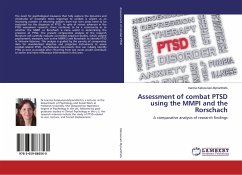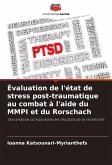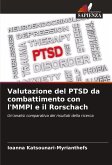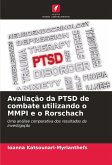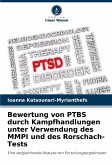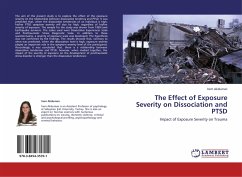The need for psychological measures that fully capture the dynamics and vicissitudes of traumatic stress responses to combat is urgent as an increasing number of returning soldiers from war torn areas need to be evaluated for the diagnosis of PTSD. In spite of recent advances in the PTSD assessment research, there continues to be a controversy as to whether the MMPI or Rorschach is more useful in determining the presence of PTSD. The present comparative analysis of the research literature will carefully evaluate controlled empirical studies, which utilized psychometric measures such as the MMPI/2 and Rorschach to identify PTSD in Vietnam Veterans. This analysis is guided by the paucity of comparative data for standardized objective and projective instruments to assess combat-related PTSD. Psychological instruments that can reliably identify PTSD as soon as possible after returning from war zones would contribute to earlier and more efficacious interventions in this area.
Bitte wählen Sie Ihr Anliegen aus.
Rechnungen
Retourenschein anfordern
Bestellstatus
Storno

